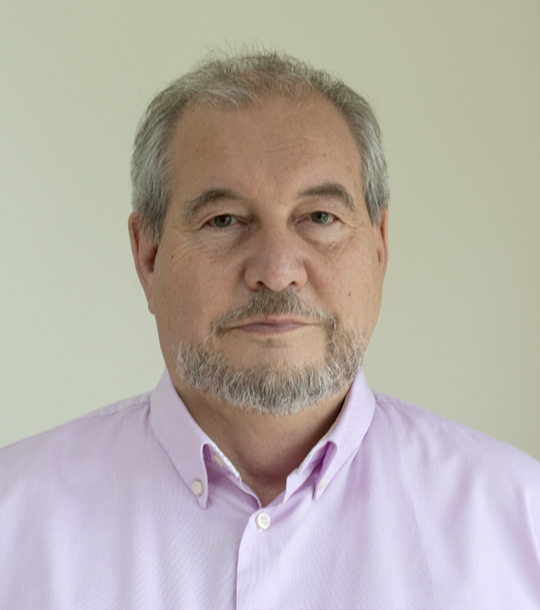The Spencelayh Practice provides services throughout Wellingborough, Kettering, Corby and the surrounding areas of Northamptonshire. The consulting room is based in Wellingborough, central to Northamptonshire, with easy access from both the East and West Midlands whether using public or private transport. Services offered can be internet based (Zoom, Skype etc) and/or on a personal face to face basis depending on your requirements and location.
Pluralistic counselling and psychotherapy is a client centred talking therapy. The process adapts both psychology and humanistic principles in counselling techniques so they can be applied to the real life problems of each person. In the specific context of an understanding of each person in their particular social and emotional environment.
Both strategies can individually or together help relieve stress, anxiety, pain and emotional distress, and facilitate personal motivation and goal achievement, improve self-concept, creativity, and belief change.
Hypnotherapy is a complimentary therapy. Its use is well established and documented in both psychology and medicine particularly for the relief of chronic pain and suffering. In more general situations in life hypnotherapy can provide the ability to identify the causes for negative self-beliefs, emotions, and behaviours and facilitate change. It enables people to review their coping strategies, enhance self-worth and self-confidence to help make new positive life choices. It can enable increased and more concentrated focus on life aims, aspirations, goal and motivational issues.

MSc., BA(Hons.) Dip HE., Cert Hyp CS, Prof. Dip. Psychotherapeutic Counselling, GMBPsS, MRSPH, MBSCH, MNCPS (Accred.), MNHS(Accred.)
I hold a master’s degree in Psychology from Birmingham City University and am a qualified licensed hypnotherapist. I have been admitted as a member of the National Hypnotherapy Society, The British Psychological Society and the Royal Society for Public Health.
Each person is particularly unique. Everyone has a way of looking at the world, its events, and their place in it that is personal to them. Consequently, there is no one size fits all in therapeutic approaches because of the unique perspective each person has on their view of the world and their particular place in it and of events and problems that arise. Through hypnotherapy and counselling, the person can be helped to understand that it is not the things that happen to us that define us it is what we decide those things mean to us that are crucial.

The reality each person creates is precious and fragile and needs nurturing. Hypnotherapy and counselling can help in balancing an individual’s well being and adjustment as necessary. Utilising relaxation and mindful techniques as part of the therapy can be beneficial overall as an aid to a healthy lifestyle. As such it can become important in aiding and building a resilience measure that can be applied in certain circumstances for health, well-being and personal growth. Such as in pain control, anxiety management, trauma management, phobias, stabilise identity and beliefs in achieving life goals and ambitions, all of which may mitigate the change in behaviour, health and well-being of an individual’s physical and mental state; and aid and stimulate personal growth and implementation of lifestyle changes to achieve personal and professional goals.
Hypnotherapy / hypnosis counselling explained: It is often thought, and asked, is clinical hypnosis the same as stage hypnosis. In some ways it is, but there are substantial differences in application. If you want to quack like a duck, see a stage hypnotist. It is rare, if not potentially unethical and unprofessional that that strategy […]
Clinical management of pain will concentrate on bio-physical rather than psychological issues. By treating the psychological issues therapy can provide measured relief, aid coping mechanisms and enhance measures where people can bolster their resilience.
It should be noted that as much as relationships can be troublesome, a lack of close relationships with other people is damaging. Online relationships too should be included as being as deep, stable and meaningful to some people as face-to-face relationships.
Anxiety is a complex emotion. Anxiety can be described as ‘a negative mood state characterised by bodily symptoms of physical tension and apprehension about the future.’ Anxiety, trauma, depression and panic disorders share the common symptoms of worry and panic.
Weight management can be complex.
Therapy looks at the cause or reason for eating unhealthily, as the drive behind the motivation to eat or crave foodstuffs may be a distraction strategy for emotional reasons or other benefit.
People of different ages and cultures regard death differently. Middle age adults are usually most fearful of death, while the young seem to have a sense of unique vulnerability about death. Similarly, just as there are many ways of dying, there are many ways to grieve.
Some people seem to be better adapted at coping with stress than others for varying reasons, and these reasons can be due to an individual’s biological, psychological, sociocultural, educational and or economic circumstances.
Phobias are different to normal stressors in that the fear and associated anxiety caused by the object most feared (for example, flying, open spaces, spiders, snakes, water, even exams) can be ‘irrational’ in a given context and is not necessarily associated with a threat or damage to a person’s wellbeing.
Having self-confidence means you can recognise your strengths, trust yourself in difficult situations and react positively to criticism and emotional/relationship difficulties. Life is not always that easy and sometimes self-confidence is hard to find. Everyone has their own story to tell, and each individual embodies the changes that have happened to them from their understanding and learning of the world in which they live.
Everybody needs to communicate, whether for play, work or socialising. People bond emotionally by communicating, it affirms identity, values, and and enables the passing on of ideas and feelings.